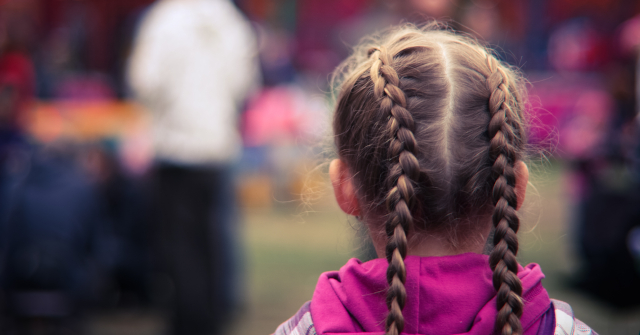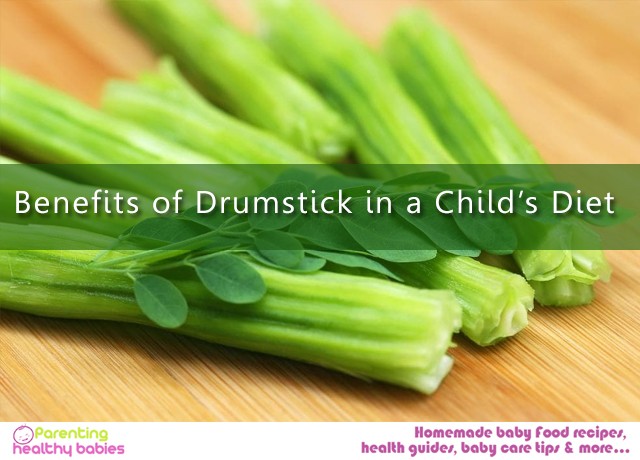Hair loss in children is relatively common, and although many parents tend to panic, none of the various causes of infant hair loss are considered life-threatening. This does not mean, however, that you shouldn’t be concerned when your child begins losing massive amounts of hair. The key here is to know when hair loss is a healthy life cycle, and most importantly when it becomes a symptom of a bigger problem.
Keep in mind that kids are different, genes have a huge role to play in hair loss, just as much as that safety razor blade you use. So as much as you shouldn’t completely dismiss hair loss, you also ensure you have the facts before you jump into any conclusions.
Here is a summary of the common causes of hair loss, typical symptoms and when it becomes a cause for concern.
Causes and Treatment for Hair Loss in Children
Is it Normal?
Note here that the age of your baby determines whether the type of hair loss they are experiencing is birth hair, or if it is a symptom of a more severe condition. Loss of birth hair typically happens within six months. Yes, this type of hair loss is considered normal, and it shouldn’t worry you. If, however, the volume of hair seems a bit excessive, or if it drags on well beyond the stipulated 6-month period, then you should consult a pediatrician.
Parents do tend to be overly apprehensive, especially when dealing with infants, which is why it is essential to define the parameters for “excessive hair loss.”
Note that losing a bit of hair is quite common, even for adults, so unless the volume of hair is in large amounts, don’t panic. First, rule out some obvious, non-medical causes before you see a doctor.
Physical Damage
- Parents are guilty of trying to pull their kid’s hair back into a ponytail even when it doesn’t have the length or strength to withstand the pressure. Trying to braid your child’s hair, vigorously brushing, or combing it can cause it to fall off. Allowing it to grow to a reasonable length and tying loose knots will prevent hair loss significantly.
- Baby hair is a lot more sensitive compared to adult hair, so the use of heat through blow drying or chemicals like relaxers, bleaches, and perm products can be harsh to it. If you must use these products, ensure you don’t do it often to prevent any chance of severe damage to your child’s hair.
Common Medical concerns
If the symptoms still seem a bit severe, then there are various possibilities you should explore.
- The first and most common condition is Alopecia areata, which affects the speed of hair growth. It may cause some bald patches as well, a feature that is caused by your child’s immune system attacking the hair follicles.
- Hypopituitarism can also be a problem causing severe hair loss. This condition results from a hypo, or under-active pituitary gland, causing your child to lose hair excessively.
- Ringworm infections can also cause bouts of hair loss, dandruff and lice infestation also being common causes. These are treatable conditions, however, and except for slight cases of flaky skin and an itchy scalp, they normally don’t cause any long term issues. Note that they are very contagious, so you need to treat them as soon as possible.
- Lastly, there are rare cases where children impulsively pull out their hair, a condition referred to as This condition is not a common cause, however, but it is still responsible for hair loss in some kids.
Treatment
The most crucial part of treating any condition is proper diagnosis. While most cases are easy to identify, some may require professional medical help to identify and treat. So what are some of the critical steps you can take to fight your child’s hair loss?
- Minimize the use of non-medicated shampoos and other chemicals that may dry your child’s scalp. If you must use these chemicals or a blow dryer, try not to use them every day to prevent physical damage.
- Go for soft bristles on combs, robust combs can be harsh on your child’s scalp and will cause hair loss.
- Consult a physician if you suspect your child has any of the above mentioned medical conditions. Most importantly, don’t medicate your child with over the counter drugs. Ensure you only use drugs that are prescribed by a certified pediatrician.
- Regularly check on your child’s sleeping patterns. Some children usually sleep on one side for long periods, so ensuring both sides of their crib is comfortable is an excellent way to ensure they don’t get bald patches.
Bottom line
Hair loss is prevalent in infants, so you won’t have to worry about it. However, if after six months your child’s hair is still falling off excessively, or if you notice any other symptoms, please consult a pediatrician.













